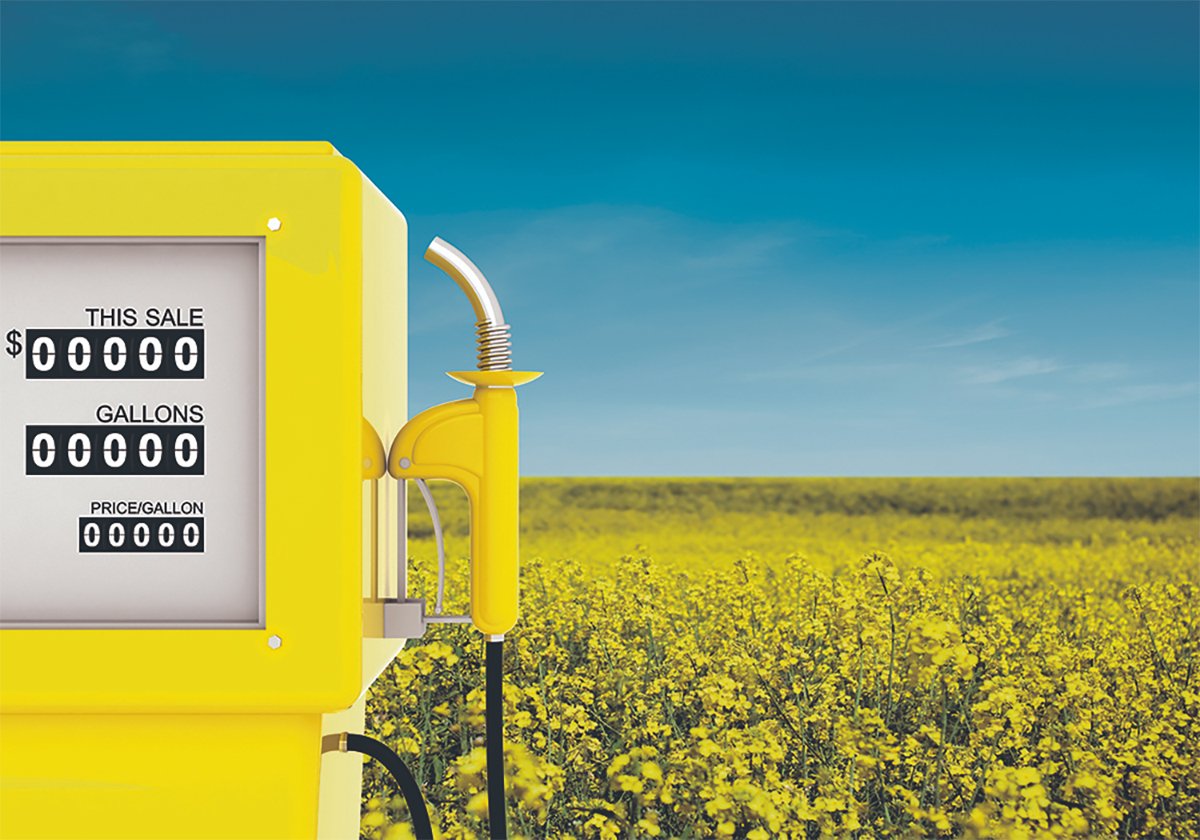Wheat buyers seek quality
It appears Australia is less concerned than the Canadian Wheat Board about China’s receding role as a major wheat buyer.
Last week, The Western Producer reported the International Grains Council predicts China will buy only 2.5 to 3.5 million tonnes of wheat in 1997-98, down from an already modest four million to five million this crop year.
A board spokesperson said Iran’s rise as a wheat buyer has helped offset China’s drop. Also, the board projected increases in Asian and Latin American demand will keep the grain ships arriving in Vancouver.
Read Also

Biofuel sector happy with federal budget
Advanced Biofuels Canada says new Biofuel Production Incentive is a lifeline until CFR amendments are in place.
In this issue, we report the head of the Australian Wheat Board Trevor FlŸgge told an IGC meeting that demand from Iran, Iraq, Turkey, India and Pakistan would make up for China’s predicted weak demand.
FlŸgge was optimistic enough to predict that demand will outstrip growth in supply, leading to a drop in world stocks.
That’s far more optimistic than the opinion of such major market analysts as the U.S. Department of Agriculture. But if true, the Australian’s outlook should spell good news for wheat prices.
A question arises about Canada’s ability to sell to these markets.
The board has had a strong program to Iran this year and expects it to continue next year.
But Canada has not sold wheat to Iraq since the 1990 Gulf War. There was an embargo after the war, but that has been partially lifted under a United Nations resolution that allows Iraq to sell oil to buy food and medicine.
In the late 1980s, Iraq was buying 600,000 to 900,000 tonnes from Canada. Canada rarely sells wheat to Turkey and traditionally sells relatively small amounts to India and Pakistan.
FlŸgge also noted Indonesia as a buyer of growing importance. The CWB has a good reputation there and sales have been increasing.
But last March, the head of the main flour miller in Indonesia complained to then-agriculture minister Ralph Goodale about the protein level of Canadian red spring wheat.
And this week, Reuter News Service reports that Asian millers visiting Winnipeg have also mentioned their dissatisfaction with protein and gluten levels.
Protein levels are strongly affected by weather, but management, particularly fertilizing, also has a bearing. So does variety selection.
The board already pays a premium to producers who grow higher protein wheat.
But it might also be advised to pass on these concerns to farmers through board newsletters and annual country meetings and the importance of meeting customer needs as the world’s wheat markets go through another major shift.














